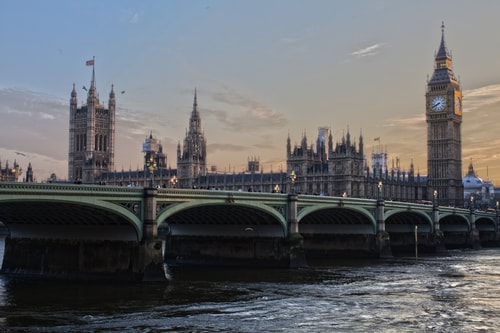Yesterday, chancellor Jeremy Hunt unveiled the government’s new fiscal plan to address the cost of living crisis in his Autumn Statement. This comes just eight weeks after the previous chancellor, Kwasi Kwarteng, announced his controversial mini-budget.
Many of the plans unveiled by Hunt yesterday were a stark contrast to those announced in September. The general response to Hunt’s statement has been one of cautious optimism for what these plans mean for those who are struggling financially. However, increased support in some areas results in increased cuts in others. There remains concern over what the coming months are going to bring for those who are the worst-off in society and for public services.
What are some of the key changes in the Autumn Statement?
Pensions and means-tested benefits will rise with inflation
Working age and disability benefits will be uprated by 10.1% – welcome news to many third sector campaigners and others. The chancellor also confirmed the government’s commitment to deliver the pensions triple-lock, so pensions will rise in line with inflation too.
There will be support for households tackling rising energy bills
The Energy Price Guarantee, capping household energy prices, will be extended for another year from April (but will rise by £500 per year for the average household). A cost of living payment is being introduced which will provide at least £900 to households on means-tested benefits with more going to those most in need. An additional £1 billion of funding will be available for local authorities to assist constituents through the Household Support Fund.
The National Living Wage will rise
The National Living Wage will increase by 9.7% from April, taking the hourly rate to £10.42.
Social rents will be capped
A new cap means that social rents will only increase by a maximum of 7% in 2023 – 24. Without this cap rents were set to hike by up to 11%.
The freeze on the income tax personal allowance will be maintained
Currently, income above £12,570 is taxed. By freezing personal allowance at this rate, anyone whose income rises will experience a rise in tax.
Windfall tax on major oil and gas producers will rise by 10%
The Energy Profits Levy that taxes companies profiting from high oil and gas prices will increase to 35% from next year until March 2028.
Council tax will likely increase
The government had placed a 3% ceiling on council tax, which will now increase to 5%. The government expect that as a result of these measure, 95% of local authorities (who are responsible for setting rates) will raise council tax by the maximum amount.
The Evangelical Alliance’s response
In response to the Autumn Statement, Danny Webster, director of advocacy at the Evangelical Alliance has said:
“Today’s budget includes significant government intervention which will help the poorest in society, through the commitment to increase benefits and pensions in line with inflation and additional support next year to help with energy bills. These measures, while welcome, should not mask the ‘heat or eat’ hardships people will face this winter.
“The UK church is already providing essential support, but will be stretched as costs rise. Following the announcement, many public services will likely experience more financial pressure in the coming years as budgets do not match inflation, which in turn is likely to impact the people in greatest need the most.”
Evangelical Alliance member responses
A number of member organisations of the Evangelical Alliance work with people on the lowest incomes, for whom the policies set out in the Autumn Statement will have the most significant impact.
Gareth McNab, director of external affairs for Christians Against Poverty has said:
“Uprating social security, the benefit cap and national living wage is important and welcome, but should never have been up for debate as the lack of certainty has caused distress among many low income households.”
He went on to add: “The flat rate of support in the Energy Price Guarantee and the cost of living payments announced fails to take into account the different levels of need and leaves people with children, disabilities and in the private rental sector dangerously exposed to the terrible impacts of poverty.”
Jubilee+, a charity that helps churches respond to poverty, stated:
“We are pleased that the chancellor has committed to raising benefits in line with inflation, keeping the triple-lock on pensions and continued to provide support for energy costs beyond April 2023.
“However, we remain concerned about how those in poverty will get through this winter, and that there will still be many people on low incomes who will be facing unmanageable bills and risk being plunged into poverty.”
How can we pray?
As you consider the policies introduced in the Autumn Statement, here are three things you can be praying for:
- The many people who will still struggle to make ends meet this winter, and who may have to make difficult decisions between heating or food.
- Local authorities and the government to have wisdom over where to spend money and where to make cuts over coming months.
- Churches and charities that will be working tirelessly this winter to reduce the strain on households who are struggling.



